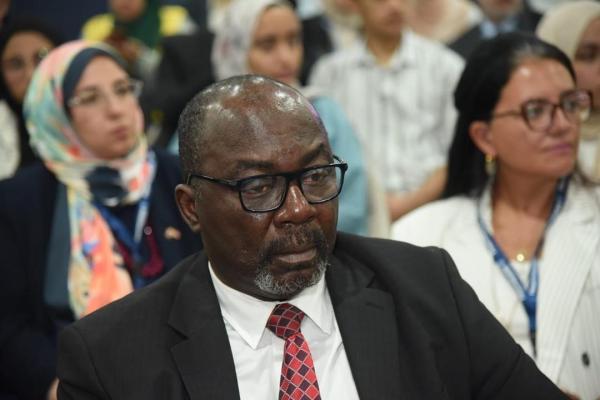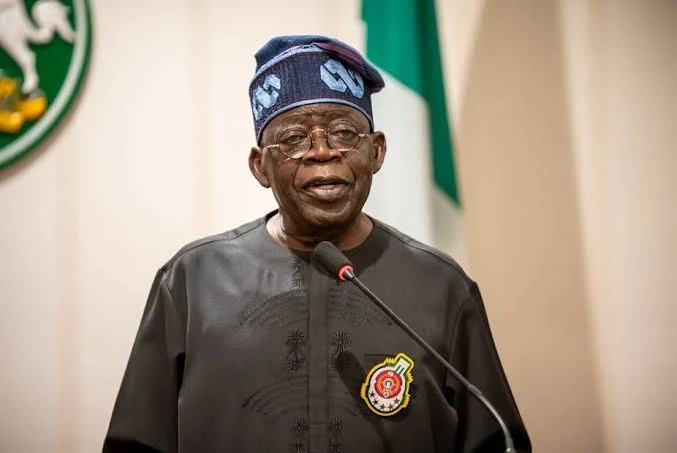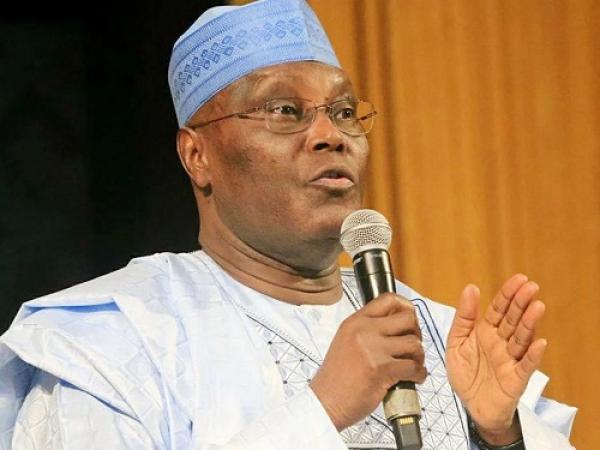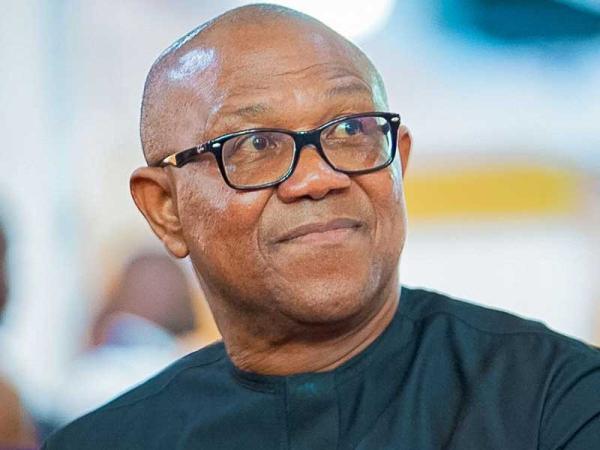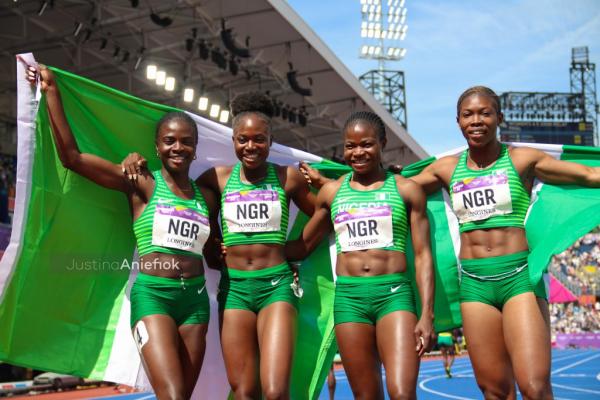
Gambian President, Yahaya Jammeh
From Gambia, CEOAFRICA.com gathered that the government of the country has announced that it has pulled out of the Commonwealth with immediate effect.
A statement released from the Presidency states thus;
“The general public is hereby informed that the government of the Gambia has left the Commonwealth of Nations with immediate effect.
“(The) government has withdrawn its membership of the British Commonwealth and decided that the Gambia will never be a member of any neo-colonial institution and will never be a party to any institution that represents an extension of colonialism.”
The Commonwealth bloc is a voluntary association of more than 50 countries, many of them former territories of the British empire.
Although no official reason responsible for taking this decision was given, it was gathered that the decision came after the government rejected a proposal by the Commonwealth last year to create commissions in Banjul to protect human rights, media rights and fight against corruption.
The proposal followed an April 2012 visit to the Gambia by Commonwealth Secretary General Kamalesh Sharma, during which he met with President Yahya Jammeh and other top government officials.
Meanwhile, British Foreign and Commonwealth Office Spokesperson said that the decision of Gambia or any other country deciding to leave the Commonwealth is regrettable.
A spokesman at the British Foreign and Commonwealth Office said early Thursday: “We would very much regret Gambia, or any other country, deciding to leave the Commonwealth.”
In August 2012, Jammeh came under attack from Amnesty International and others for sending nine prisoners to the firing squad and promising many more would go the same way.
Many top officials have found themselves charged with treason, often related to coup plots which observers have said are a sign of paranoia by Jammeh, who has woven an aura of mysticism around himself, dressing in billowing white robes and always clutching his Koran.
Last year he warned foreign diplomats that his country would not be “bribed” with aid to accept homosexuality.
“If you are to give us aid for men and men or for women and women to marry, leave it. We don’t need your aid because as far as I am the president of the Gambia, you will never see that happen in this country,” he said.
In January this year Jammeh accused the European Union of trying to destablise Gambia, after the EU set out a 17-point checklist of demands for reforms.
They included calls for Gambia to abolish the death penalty and to re-open newspapers and radio stations closed down by the authorities.
The president regularly insists that he will not bow to external pressures for reform.












